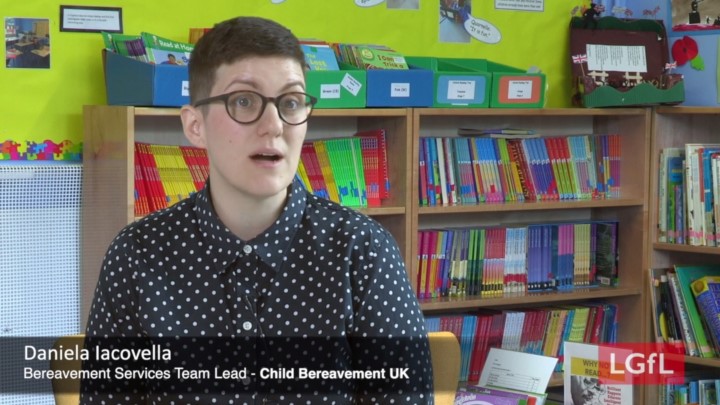Why is it important for schools to recognise a pupil’s bereavement even if it happened a long time ago?
There is no time limit on bereavement and young people feel upset and angry when it is suggested they “should be over it by now.”
In time, pupils may seem better but it is important for adults in school to remember that they will continue to grieve for the rest of their life.
- As pupils grow up, their understanding of death matures and they may have unresolved questions about the death or the person who died.
- They may view the bereavement from a different perspective, which can bring about fresh emotions of grief.
- A nurturing school environment will help a bereaved pupil to feel supported and able to share their feelings and ask questions.
- Bereaved pupils can find it difficult to tell people that someone important to them has died, so this information should be shared with staff on transition.
- If key dates (such as the anniversary of the death or birthday) are noted, it will be helpful as a bereaved pupil may feel more vulnerable at certain times of the year.
- Other activities in school can be difficult for a bereaved pupil, this could be parents’ evening, school prom or Mother’s/Father’s Day. A curriculum topic may also trigger memories.
- If grief unexpectedly overwhelms a pupil, offer them a “time-out”. Follow up to find out how they are feeling and whether they need any additional support.

